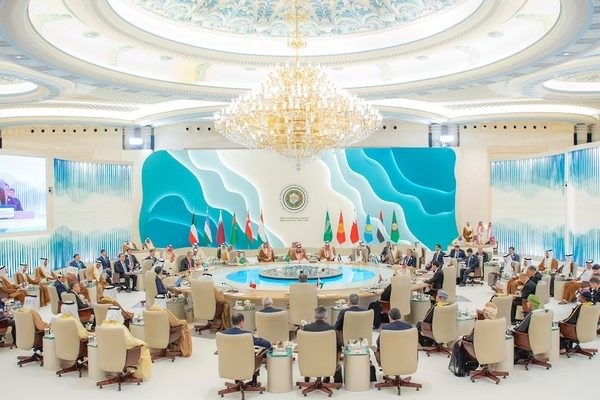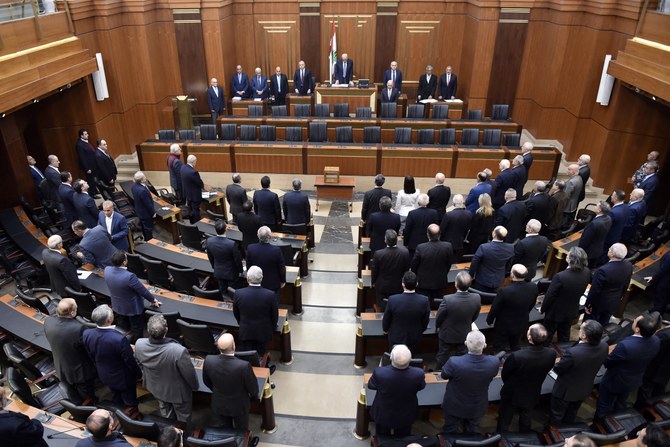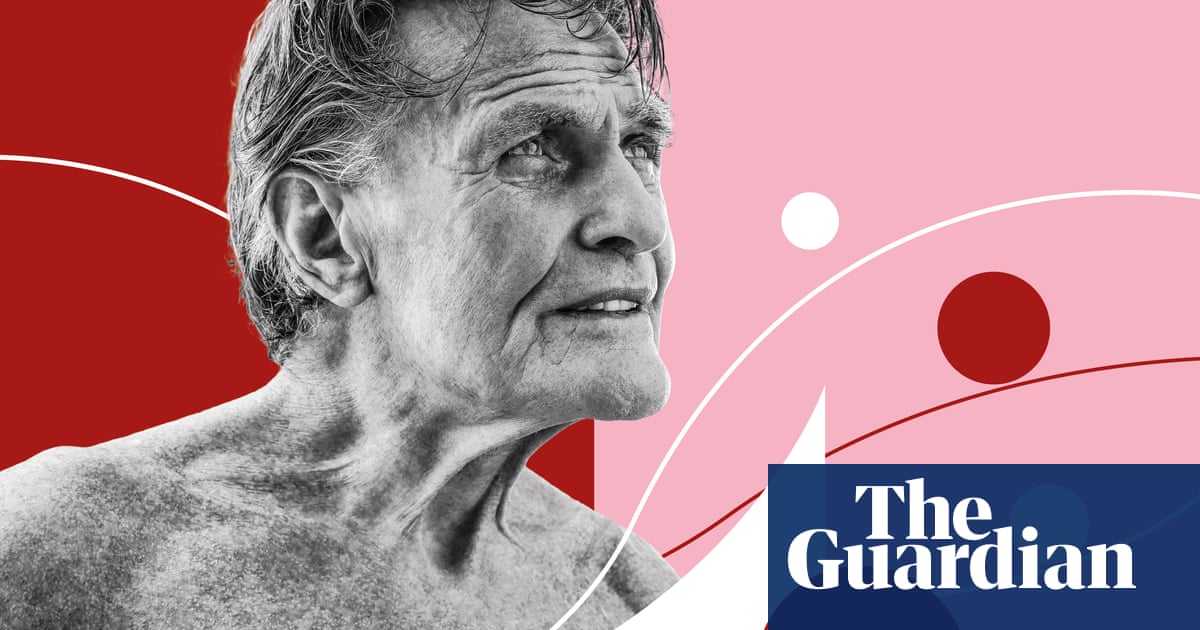
The explosion that rocked Beirut on Aug. 4 shocked the world. It caused hundreds of deaths and thousands of injuries, leveling some central sections of Lebanon’s capital while wreaking extensive damage throughout the city. The human and physical toll is immense, and given its location, the blast has knocked out the city’s port and many of its businesses. This has brought most economic life to a halt — not just for Beirut, but for the country as a whole.
The tragedy in Lebanon demands an urgent global response, and it is a hopeful sign that this is already underway. To guide these efforts, the World Bank Group has conducted a rapid damage and needs assessment (RDNA) in collaboration with the EU and the UN and in close partnership with Lebanese ministries, institutions, and civil society organizations.
Our assessment finds that damages from the explosion are in the range of $3.8-4.6 billion, with losses to financial flows amounting to $2.9-3.5 billion. The impacts are particularly severe in key sectors that are vital for growth, including finance, housing, tourism, and commerce. Through the end of 2021, the costs of recovery and reconstruction are expected to total $1.8-2.2 billion. Apart from the losses in economic activity, Lebanon can expect lower fiscal revenues, higher inflation, and a further rise in poverty. Trade disruptions are also possible, which would raise transaction costs and further impede growth.
But with its comprehensive approach, the RDNA, as we call it, offers a concrete way forward to support a rapid and robust recovery. We are committed to bringing together the people of Lebanon, donor countries, and our international partners to ensure that reconstruction is transparent, sustainable, and inclusive.
My own organization — whose first task was reconstruction, as Europe recovered after the Second World War — will be able to draw on our global expertise in helping countries after disasters. This will mean not just leveraging a wide range of analytical and practical experience but also setting up a process that puts the needs of the Lebanese people first.
The World Bank Group stands ready to help Lebanon with reforms that promote sustainable economic and social recovery.
Axel von Trotsenburg
This disaster is, in fact, only the most visible and dramatic of a series of misfortunes that have dominated the country over the last decade and steeply accelerated in recent months. These include spillovers from the Syria conflict, with Lebanon hosting the largest number of refugees per capita of any country in the world. An ongoing financial and economic crisis has worsened significantly: Just prior to the explosion, the economy was projected to contract by over 18 percent in 2020, while inflation rates were already in the triple digits by mid-year. And for Lebanon’s people, the coronavirus disease (COVID-19) and the associated lockdown have further contributed to sharp increases in poverty, unemployment, and insecurity.
The explosion only compounds this already dire situation for the country. But Lebanon’s challenges are not just a matter of economics: Its government institutions have broken down in terms of transparency and accountability, stalling international relief efforts even amid the economy’s downward spiral of recent months. Looking forward, the country needs not only to rebuild, but also to build back better. Change must be driven by three organizing principles: Transparency, inclusion, and good governance. Lebanon must begin to function better, and in ways that benefit all of its people.
Hence this moment of crisis is also a wake-up call for profound changes — in institutional, economic, and social policies — based on the priorities of the Lebanese people. The RDNA includes the views of representatives and stakeholders from all spheres of Lebanese society; this input has helped shape the report’s findings, analyses, and recommendations.
The people of Lebanon have demonstrated repeatedly over the decades that they can recover from conflict and destruction. They also can tap the resources of a highly engaged global diaspora. So I am confident that we can once again count on their drive and resourcefulness. But this time it is not just a question of survival and recovery. It is also a question of whether the country will seize the moment and take decisive action for change, charting a new path forward.
The World Bank Group stands ready to help Lebanon with reforms that promote sustainable economic and social recovery, especially to increase inclusion and to turn around the country’s high rate of poverty. We look forward to partnering at the country level and across the international community in this essential work. Together we can change the course of Lebanon’s future.
Axel van Trotsenburg is World Bank Managing Director for Operations.
Disclaimer: Views expressed by writers in this section are their own and do not necessarily reflect Arab News" point-of-view












